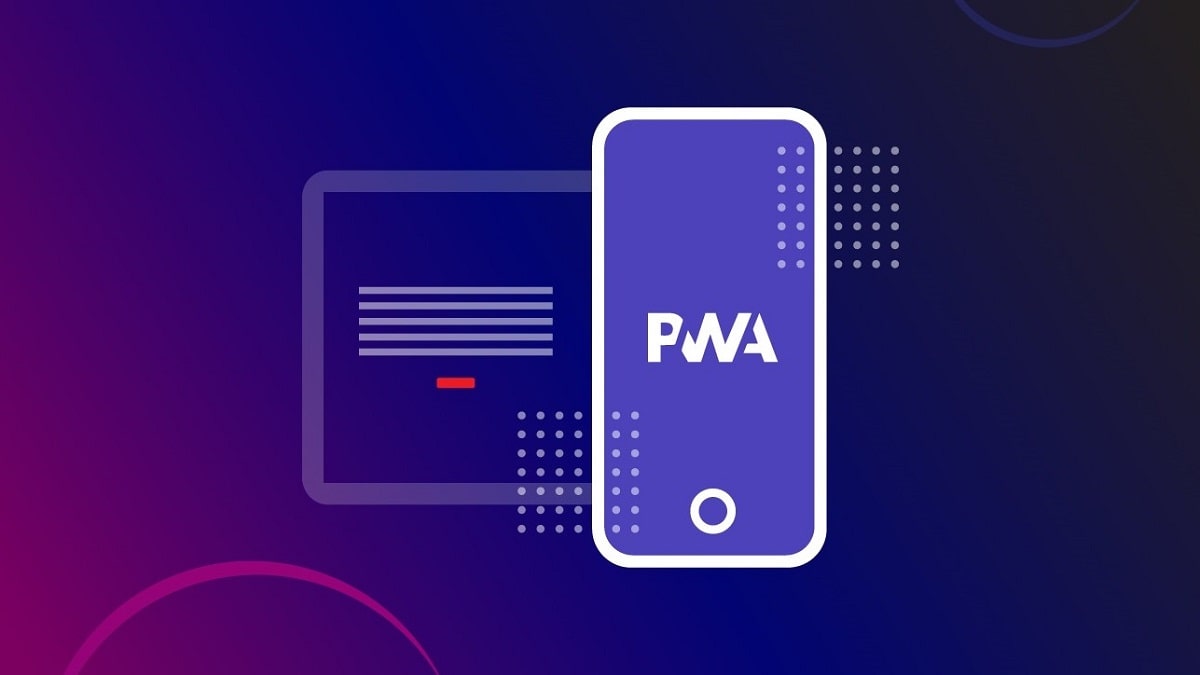What is a Progressive Web App (PWA)?
A Progressive Web App, or PWA, is a web application that provides users with the experience of a native mobile application. It combines the best of both worlds by combining the features of a website and a mobile app. PWAs are designed to be reliable, fast, and engaging, offering a seamless user experience across multiple devices and operating systems.
Advantages of enabling PWA on a website.

It improves user experience.
PWAs enable websites to load quickly, even in low-quality network conditions. This ensures a smooth browsing experience for users, leading to higher engagement and increased conversions. By providing an app-like experience without the need for installation, PWAs also eliminate friction and enhance overall user satisfaction.
It enhances the reach and accessibility.
Unlike native mobile apps, PWAs do not require users to download and install them from an app store. This significantly lowers the barrier to entry and increases the accessibility of your web app. PWAs can be accessed directly through web browsers, making them instantly available to users across various platforms and devices.
It enables offline functionality.
One of the key benefits of PWAs is their ability to work offline or with limited connectivity. Through service workers, PWAs can cache important resources and data, allowing users to access content even when they are not connected to the internet. This capability makes PWAs particularly valuable for users in areas with unreliable network coverage.
It is cost-effective compared to native app development.
Developing separate native apps for different platforms can be time-consuming and expensive. With PWAs, you can reach multiple platforms with a single codebase, reducing development and maintenance costs. Additionally, updates to PWAs are instant as they are pushed directly to users’ devices, eliminating the need for app store approval processes.
Discoverability.
PWAs can be indexed by search engines, making them discoverable through organic search. This improves your web app’s visibility and increases the chances of attracting new users. Furthermore, PWAs can be easily shared via URLs, allowing users to bookmark or share specific pages or functionalities, leading to increased referrals.
Cross-platform compatibility.
PWAs are designed to be compatible with various operating systems and devices, including desktops, smartphones, and tablets. With responsive design and adaptive layouts, PWAs offer a consistent user experience across different screen sizes and resolutions. This flexibility ensures that your app looks and functions flawlessly on any device.
Performance is the key role in PWA.
PWAs are built using modern web technologies and techniques that prioritize performance.
They leverage features like lazy loading, efficient caching, and effective resource allocation to deliver fast and responsive experiences. By optimizing load times and reducing server requests, PWAs minimize user frustration and increase engagement.
Conclusion.
A progressive web app offers numerous advantages, from improved user experience to increased reach and accessibility. With offline functionality, cost-effectiveness, and cross-platform compatibility, PWAs are an excellent choice for businesses looking to enhance their online presence.
By leveraging the power of web technologies, PWAs provide a seamless and engaging experience to users, regardless of their network connectivity or device.
Leave a Reply